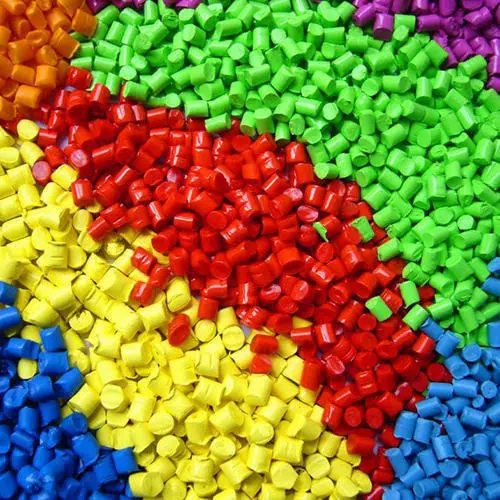PP Homopolymer 401S (Yarn) - Thailand
|
IUPAC Name |
: Poly(1-methylethylene) |
|
Cas Number |
: 9003-07-0 |
|
HS Code |
: 390210 |
|
Formula |
: (C3H6)n |
Basic Info
|
Appearance Name |
: White Granular Powder |
|
Common Names |
: Propene Polymers, Propylene Polymers, IPP |
|
Packaging |
: 25 Kg Bag |


---taiwan.webp)
---korea-selatan.webp)
---south-korea.webp)

